wikiHow is a “wiki,” similar to Wikipedia, which means that many of our articles are co-written by multiple authors. To create this article, 49 people, some anonymous, worked to edit and improve it over time.
There are 8 references cited in this article, which can be found at the bottom of the page.
This article has been viewed 373,925 times.
Learn more...
Puberty's tough going, but understanding it is the key to dealing with it. One of the biggest questions every pre-adolescent asks is, "Have I started yet?" If you are experiencing some of the things below, then chances are you have started puberty.
Steps
Changes That Happen To Both Girls and Boys
-
1Look out for hair growth. One of puberty's clearest indicators is when you start getting hairs in unexpected places. For boys, it is likely to include facial hair, underarm hair, more hair on the legs and chest, and pubic hair. Girls are likely to spot hair growth on the underarms and in the pubic area.[1]
-
2Look for acne. Acne is a common adolescence symptom which is caused by increased secretion of oils and grease in the pores, and bacteria infecting them. If you've got acne, you're almost certainly going through puberty.[2]Advertisement
-
3Think about your growth and energy. You may find that it took you a year to manage a couple of inches before, you're gaining inches in height faster than you can count them! If this is you, and you're 10-13, you've probably started puberty. If your appetite suddenly takes a leap like it's never leapt before, that's a sign of puberty, too.[3]
-
4Look out for signs of more sweating. It may sound gross, and it's true - the smell is hardly appealing. If you find you get stronger-smelling sweat and more of it, even when you're not actually hot, you've probably started puberty.[4]
Changes That Happen To Girls
-
1Consider breast growth. Your breasts may be tender and may hurt. Please tell a trusted adult about this so you can buy a supportive bra if needed for better support.[5]
-
2Look out for your period. For girls, the best sign of the onset of puberty is the first period. It is likely to be irregular at first, but your periods will settle into a more regular pattern. This shows almost certainty that you are going through puberty.[6]
-
3Check for vaginal discharge. Before you start getting periods, you may start seeing vaginal discharge, which is a substance that's usually white or slightly yellow in color. These often start happening some time before your first period, but some girls don't get them until after they've started their periods.[7]
Changes That Happen To Boys
-
1Consider testicle growth. One of the first signs of puberty in boys is that your testicles start to grow. This is often hard to spot.[8]
-
2Consider penile growth. A year after your testicles start to grow, your penis will start growing longer and wider. This is normal.[9]
-
3Check for erections. During puberty, boys start getting erections. This means that your penis will sometimes randomly become longer, harder, and start standing out. Don't worry; it will go away.[10]
Emotional Changes
-
1Consider how you feel about yourself. You may suddenly feel all self-conscious. Everybody seems to be looking at you, and you don't like standing up in front of a large number of people any more. If you're finding you suddenly have these sorts of problems, you're probably starting puberty.[11]
-
2Consider your feelings towards others. You find that you start to have feelings of attraction for other people, and you may start to be interested in romance, dating, and sexual activity (at least in theory, even if it's too early in practice). If this sounds like you, you've probably started puberty.[12]
-
3Monitor your emotions. If you find that you get unbelievably happy, and intensely angry, and grief-stricken and you don't really know why, you've probably got hormone rushes, which are a symptom of puberty. Boys especially can get very angry and not understand why.[13]
-
4Keep an open mind. It is a common pre-adolescent thing to begin watching so intently for the onset of puberty that they see signs that haven't really manifested themselves yet. Start out by clearing away the idea that you MUST have already started on puberty.
-
5Talk to your parents! If you see any or all of these signs in you, it's time to talk to mom and dad. It may seem hard at first, but in puberty, communication is the key to avoid going off the rails. Parents have been there before, so they'll be able to help you out!
Warnings
- There is a lot of misinformation out there! Be on your guard, especially if you're searching the Internet for information. A properly cited book is probably your safer.⧼thumbs_response⧽
- Don't let your anger get the better of you! You could only end up losing friends. Talk to your parents if you feel like you're losing control.⧼thumbs_response⧽
References
- ↑ https://www.nhs.uk/live-well/sexual-health/stages-of-puberty-what-happens-to-boys-and-girls/
- ↑ https://www.nichd.nih.gov/health/topics/puberty/conditioninfo/symptoms
- ↑ https://teens.webmd.com/girls/facts-about-puberty-girls#1
- ↑ https://kidshealth.org/en/kids/puberty.html
- ↑ https://teens.webmd.com/girls/facts-about-puberty-girls#1
- ↑ https://teens.webmd.com/features/girls-first-period#1
- ↑ https://teens.webmd.com/features/girls-first-period#1
- ↑ https://teens.webmd.com/boys/features/the-facts-about-puberty-for-guys#1
- ↑ https://teens.webmd.com/boys/features/the-facts-about-puberty-for-guys#1
About This Article
Starting puberty is slightly different for boys and girls, but everyone will typically experience hair growth in new places, acne breakouts, stronger appetites, and growth spurts. Puberty also brings a lot of new emotions, including feeling uncomfortable or unsure about your appearance. Don’t worry! Everyone goes through this part of life. Even though it might feel awkward at first, parents are great resources for helping you understand and deal with the body changes that are happening. For more help recognizing and understanding puberty, keep reading!
-Step-6-Version-2.webp)
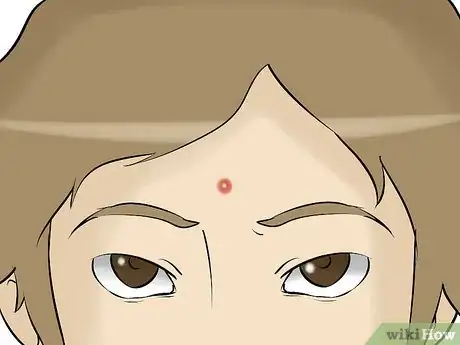
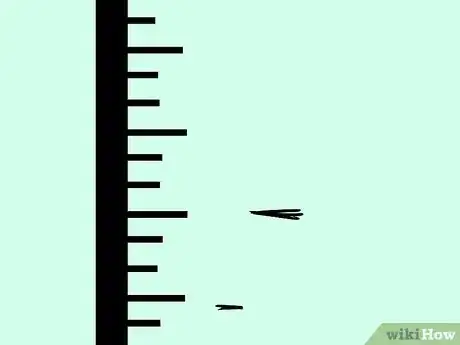
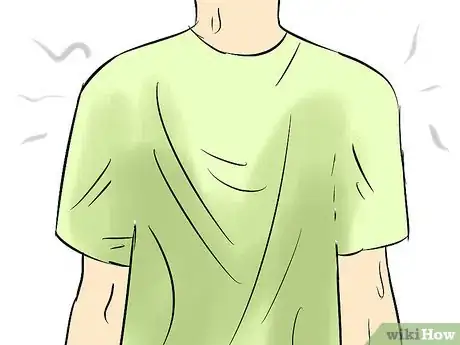
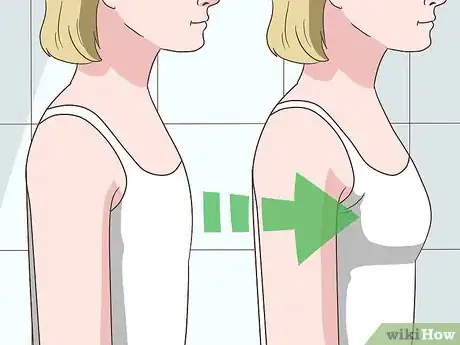
-Step-10.webp)
-Step-9.webp)
-Step-2-Version-4.webp)
-Step-3-Version-4.webp)
-Step-4-Version-2.webp)
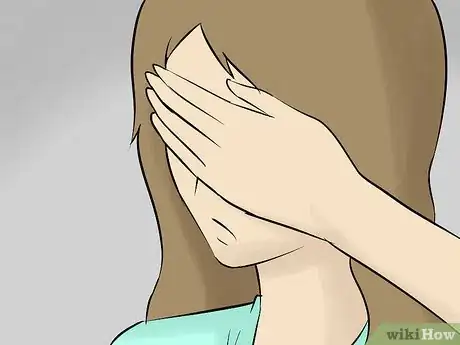
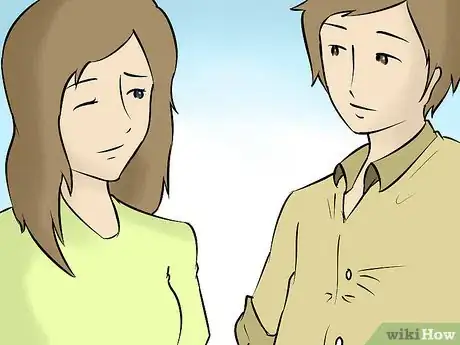
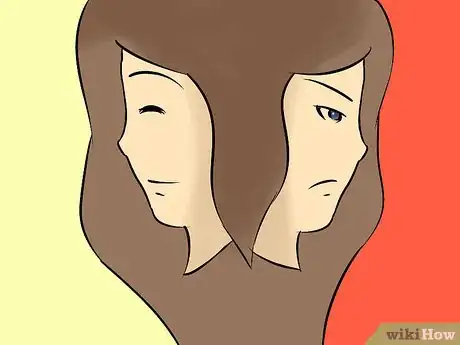
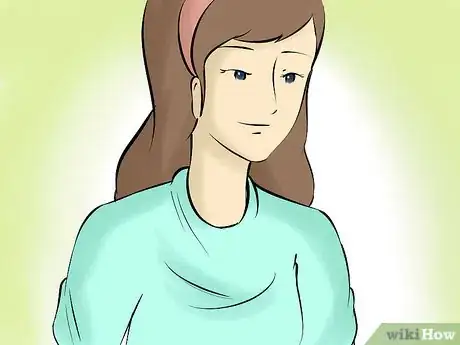
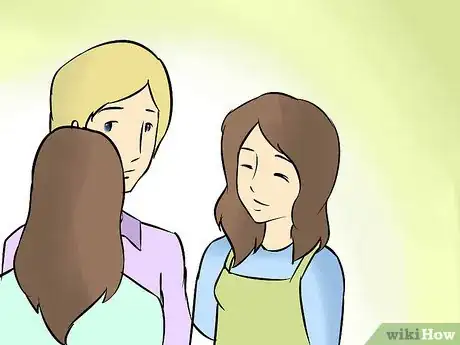
-Step-12-Version-2.webp)


-Step-12-Version-6.webp)

-Step-16.webp)
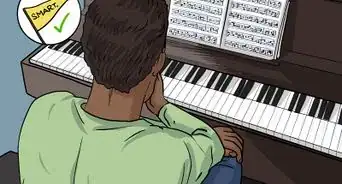
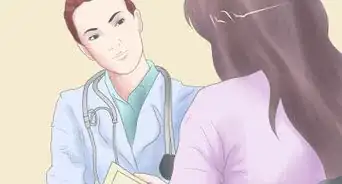
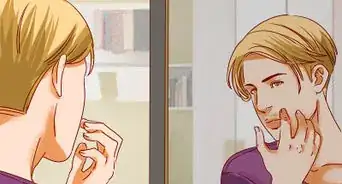
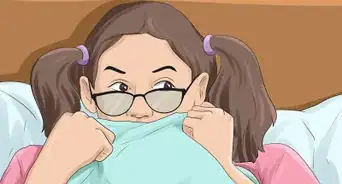

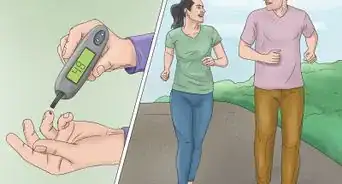
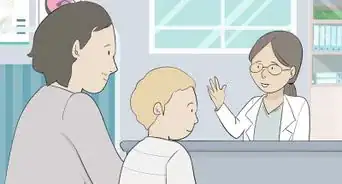







-Step-12-Version-2.webp)
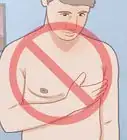
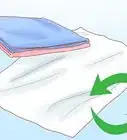
-Step-12-Version-6.webp)


































